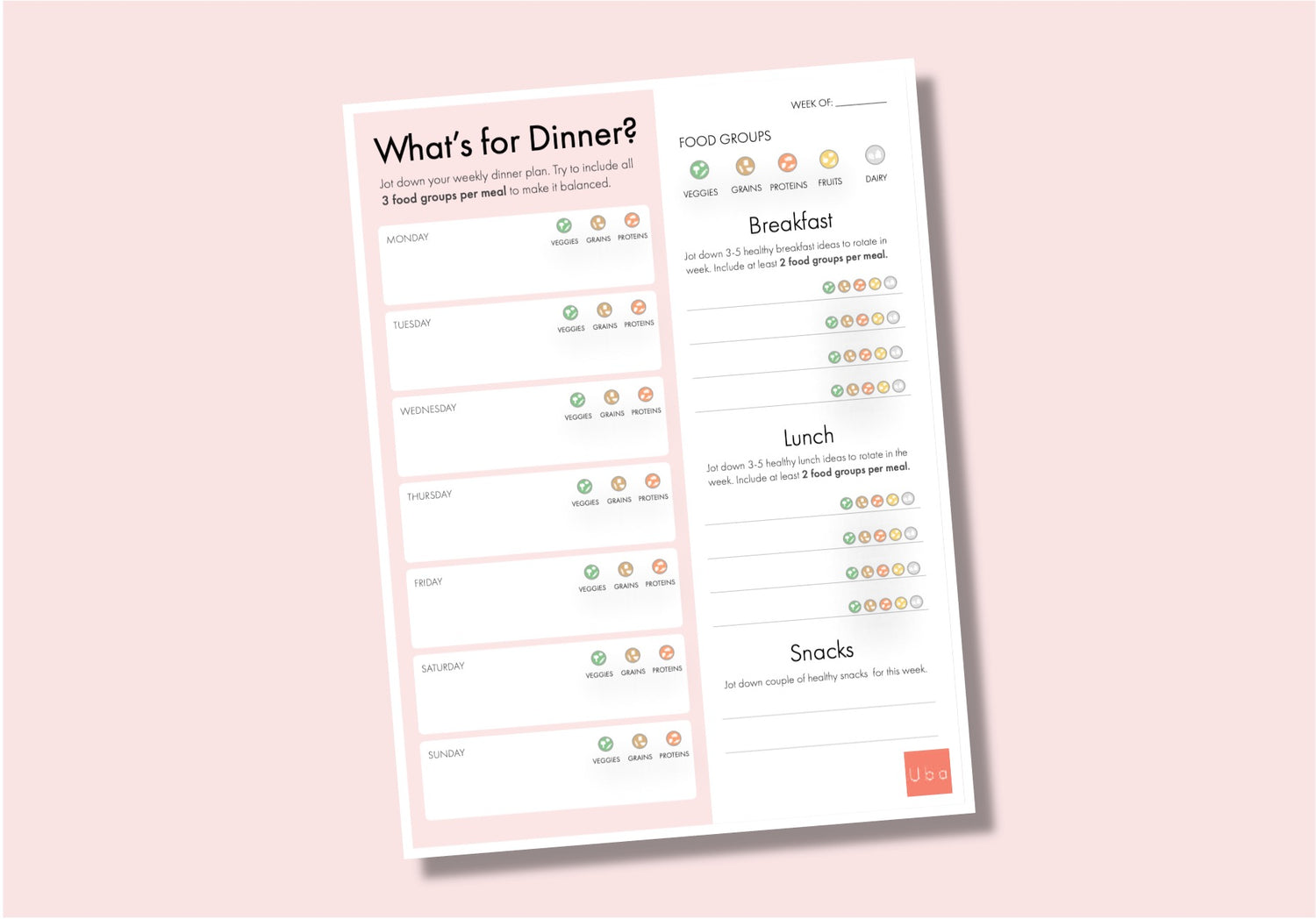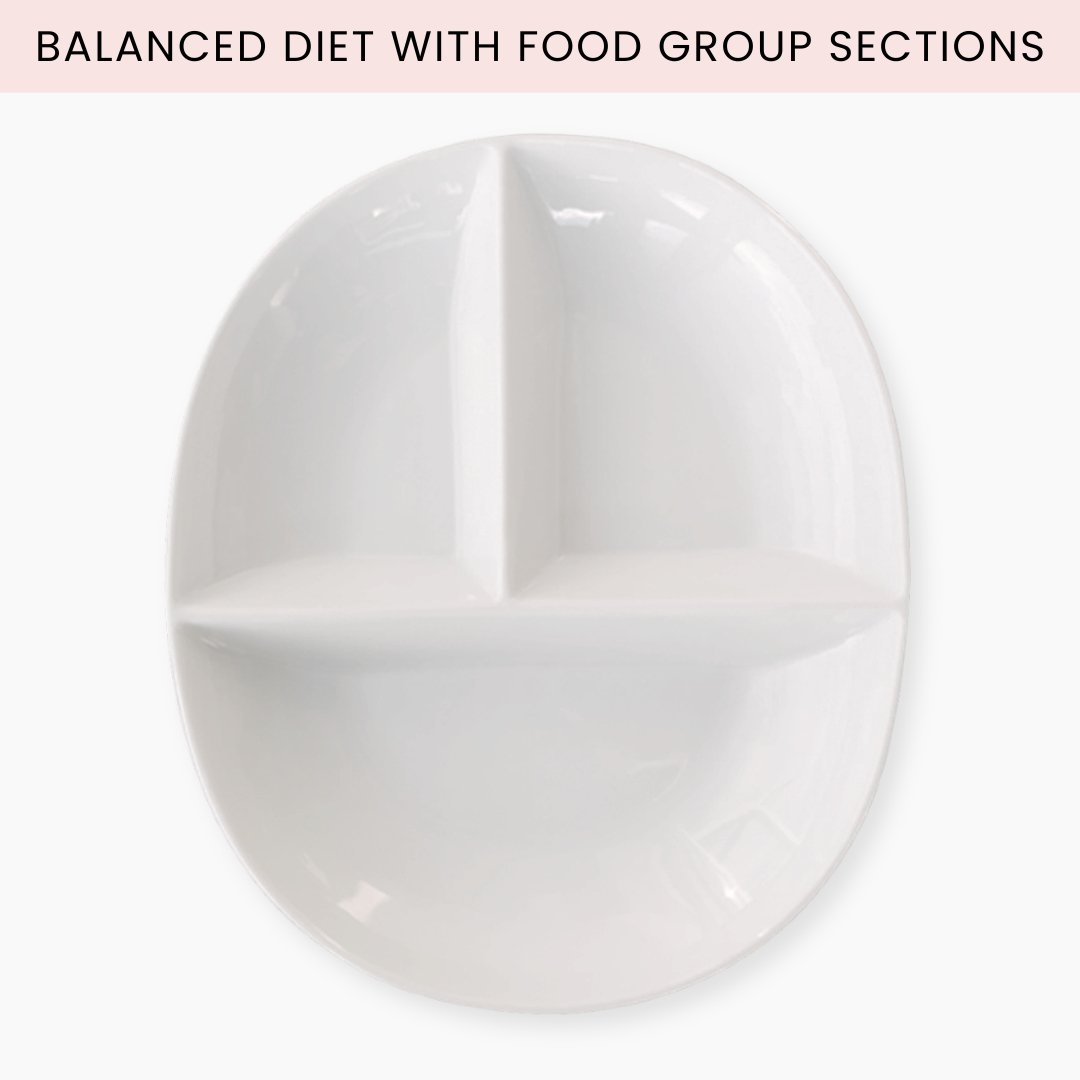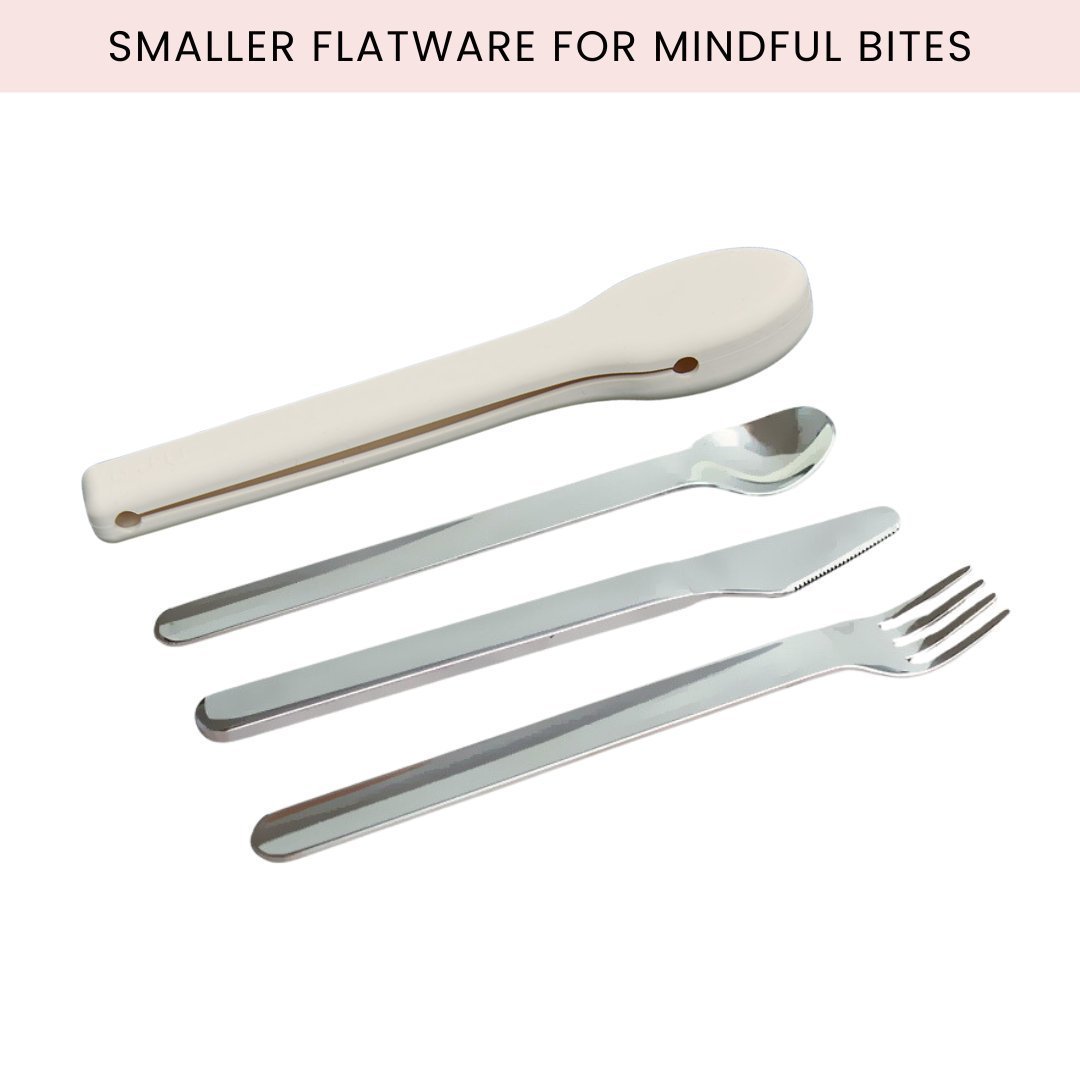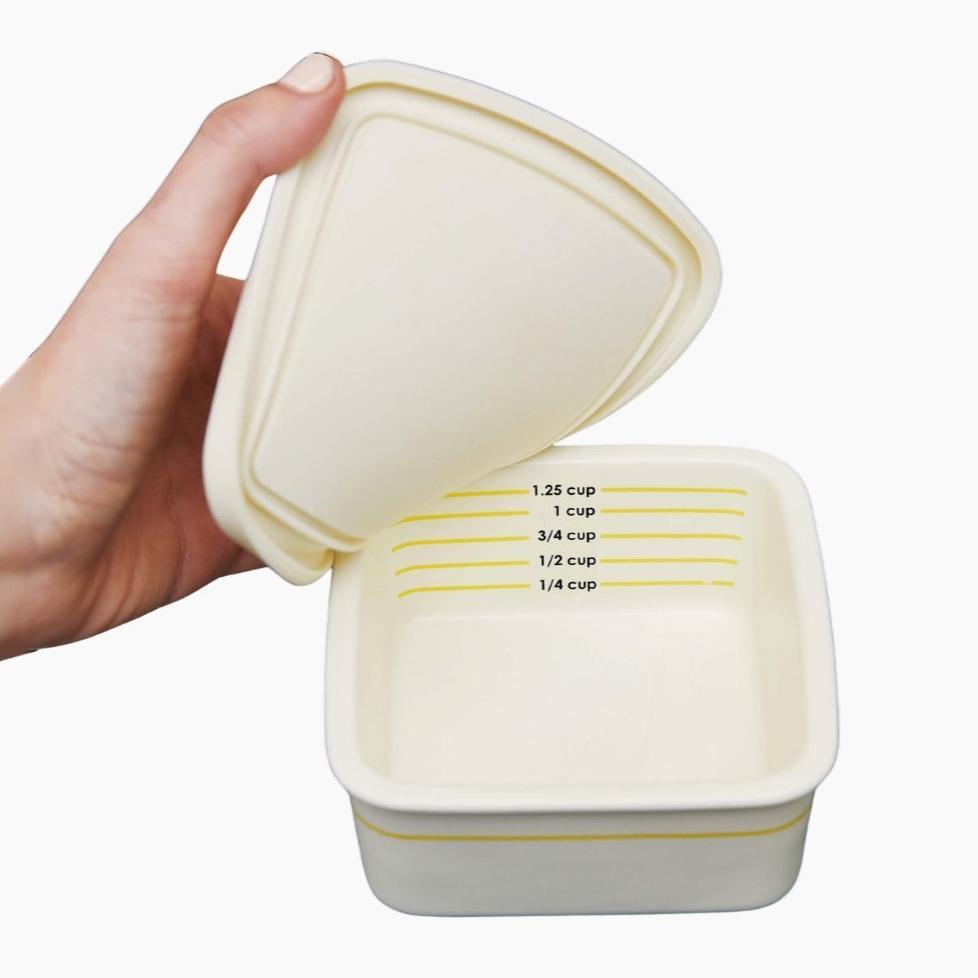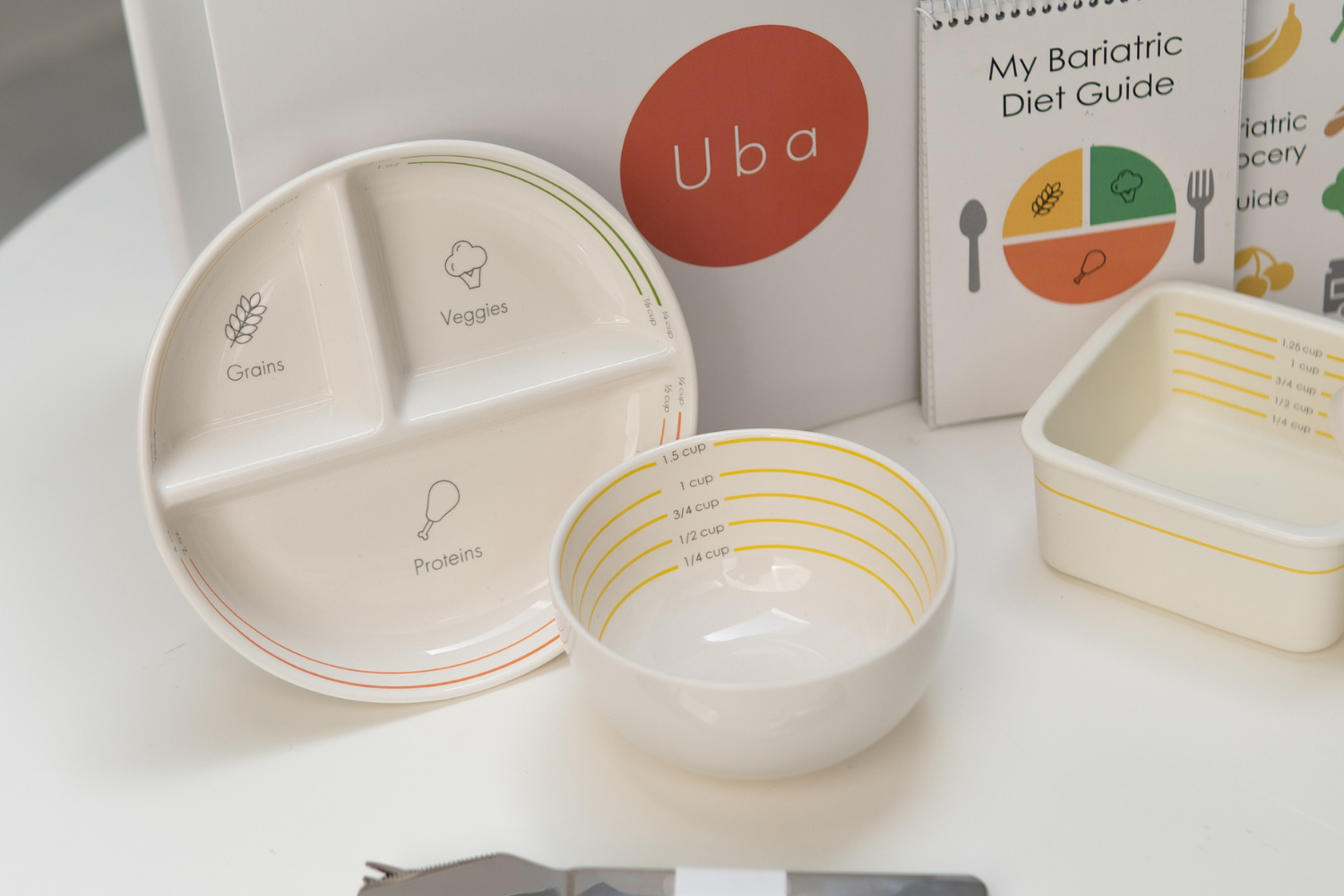Hydration is often overlooked, but it plays a vital role in our overall health and well-being. We all know the importance of drinking water, but do we truly understand how it affects our bodies? In this ultimate guide to hydration, we will explore the benefits of staying hydrated, how to maintain proper hydration levels, and answer some frequently asked questions about hydration.
The Importance of Hydration:
Staying hydrated is crucial for our bodies to function optimally. Water makes up a significant percentage of our body weight and is involved in numerous bodily processes. Here are some reasons why hydration is key to our overall health:
- IMPROVED PHYSICAL PERFORMANCE: Proper hydration enhances physical performance by increasing endurance and reducing fatigue. Dehydration can lead to muscle cramps, decreased coordination, and impaired physical abilities.
- ENHANCED COGNITIVE FUNCTION: Hydration is essential for brain function and cognitive performance. Dehydration can cause headaches, difficulty concentrating, and decreased alertness.
- HEALTHY DIGESTION: Water aids in digestion and prevents constipation. Staying hydrated can help alleviate digestive issues such as bloating and indigestion.
- RADIANT SKIN: Hydration contributes to healthy skin by improving elasticity and promoting a youthful appearance. Dehydration can lead to dry, dull skin and exacerbate skin conditions like acne.
How to Stay Hydrated:
Now that we understand the importance of hydration, let's explore how we can stay hydrated throughout the day. Here are some practical tips to help you maintain optimal hydration levels:
1. DRINK PLENTY OF WATER: Aim to drink at least 8 glasses (64 ounces) of water per day. Keep a water bottle with time markers like this one to make it easier to stay hydrated. Set reminders on your phone or use hydration-tracking apps to ensure you're drinking enough water throughout the day.
2. EAT HYDRATING FOODS: Include fruits and vegetables with high water content in your diet. Examples of hydrating foods include:
- watermelon
- cucumbers
- strawberries
- lettuce.
These foods not only provide hydration but also important nutrients.
3. LIMIT CAFFEINE AND ALCOHOL: Caffeine and alcohol can have a diuretic effect, leading to increased urine production and potential dehydration. If you consume caffeinated or alcoholic beverages, be sure to drink additional water to compensate for their dehydrating effects.
4. MONITOR URINE COLOR: Pay attention to the color of your urine. Clear or light yellow urine indicates adequate hydration, while dark yellow urine suggests dehydration. Aim for light-colored urine as a general guideline for proper hydration.
Hydration FAQs:
1. How much water should I drink in a day?
The general recommendation is to drink at least 8 glasses (64 ounces) of water per day. However, individual water needs may vary based on factors such as activity level, climate, and overall health. Use this hydration calculator to find out how much you should drink.
2. Can I drink other beverages besides water to stay hydrated?
While water is the best choice for hydration, other beverages like herbal teas and fruit-infused water can also contribute to your daily fluid intake.
3. What are the signs of dehydration?
Common signs of dehydration include thirst, dry mouth, fatigue, dizziness, dark urine, and decreased urine output. Severe dehydration can lead to more serious symptoms such as rapid heartbeat, confusion, and fainting.
4. Can I over-hydrate?
Over-hydration, also known as water intoxication, can occur when you consume excessive amounts of water without proper electrolyte balance. While rare, over-hydration can lead to hyponatremia, a condition where the blood sodium levels are dangerously low. It's important to listen to your body's thirst cues and drink water in moderation.
Conclusion:
In this ultimate guide to hydration, we have explored the importance of staying hydrated for our overall health and well-being. From improved physical performance to enhanced cognitive function and healthy digestion, hydration plays a crucial role in keeping our bodies functioning optimally. To stay hydrated, remember to drink plenty of water, eat hydrating foods, limit caffeine and alcohol intake, and monitor your urine color. By following these simple tips, you can ensure that you are maintaining proper hydration levels and reaping the benefits of optimal hydration. So, drink up, stay hydrated, and prioritize your health. Your body will thank you for it!




